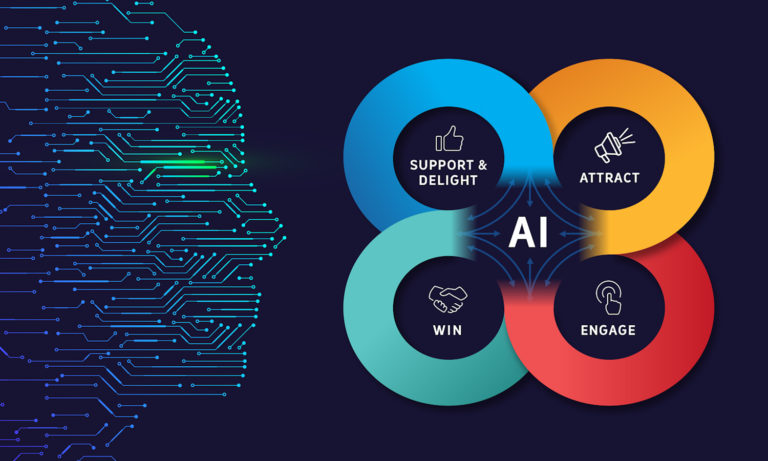Artificial Intelligence (AI) has the potential to revolutionize the healthcare industry by providing more personalized and efficient care to patients. The integration of AI technology into healthcare can help improve the customer journey by streamlining processes, reducing wait times, and providing more personalized experiences. One area where AI has the potential to make a significant impact is in the realm of text messaging and mobile health apps.
Text messaging is becoming an increasingly popular method of communication between patients and healthcare providers. In a survey by Black Book Market Research, it was found that 80% of patients prefer texting to communicate with their healthcare provider. AI-powered text messaging can enhance the customer journey by providing patients with quick and convenient access to information and support. AI chatbots can answer frequently asked questions, provide health tips, and even offer appointment scheduling. By automating these tasks, patients can receive information and support in a timely manner, reducing the wait time for a response from a healthcare provider.
Another area where AI can improve the customer journey in healthcare is through the use of mobile health apps. Mobile health apps are becoming increasingly popular as they provide patients with convenient access to their health information, including test results, appointment schedules, and medication reminders. AI can be integrated into these apps to provide personalized health recommendations and track the patient’s progress. For example, a mobile health app could use AI algorithms to analyze the patient’s health data, including diet, exercise, and sleep patterns, to provide personalized health recommendations and reminders.
AI-powered mobile health apps can also improve the customer journey by reducing the need for in-person appointments. With the use of telemedicine, patients can communicate with their healthcare provider through video calls and have virtual consultations. This not only saves time and reduces wait times, but it also eliminates the need for travel, making healthcare more accessible to patients in rural or remote areas. AI-powered telemedicine can also help healthcare providers diagnose and treat patients more efficiently, reducing the need for in-person appointments and providing a more personalized experience for the patient.
In addition to improving the customer journey, AI technology can also improve patient outcomes by providing more accurate diagnoses and treatment plans. AI algorithms can analyze vast amounts of data, including medical records, lab results, and imaging scans, to provide healthcare providers with a more comprehensive understanding of the patient’s health. This can lead to more accurate diagnoses, which can result in more effective treatments and improved patient outcomes.
Finally, AI technology can also help improve the efficiency of the healthcare system as a whole. By automating routine tasks, such as appointment scheduling and text message medication reminders, healthcare providers can spend more time on patient care and less time on administrative tasks. This can result in improved patient satisfaction, as well as a more efficient healthcare system.
In conclusion, an AI-based health technology platform has the potential to revolutionize the customer journey. AI-powered text messaging and mobile health apps can provide patients with quick and convenient access to information and support, reduce wait times, and provide more personalized experiences. Additionally, AI technology can improve patient outcomes by providing more accurate diagnoses and treatment plans, as well as improve the efficiency of the healthcare system as a whole. As AI technology continues to advance, it is likely that we will see even more innovations in the realm of text messaging and mobile health apps, leading to a more personalized and efficient healthcare experience for patients.



